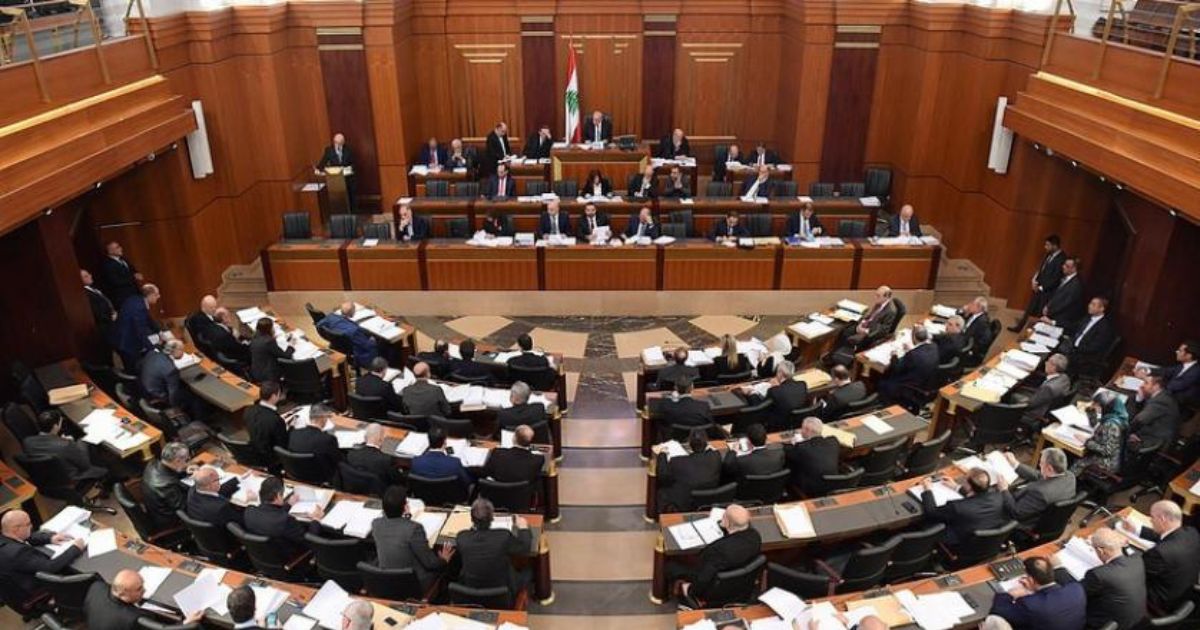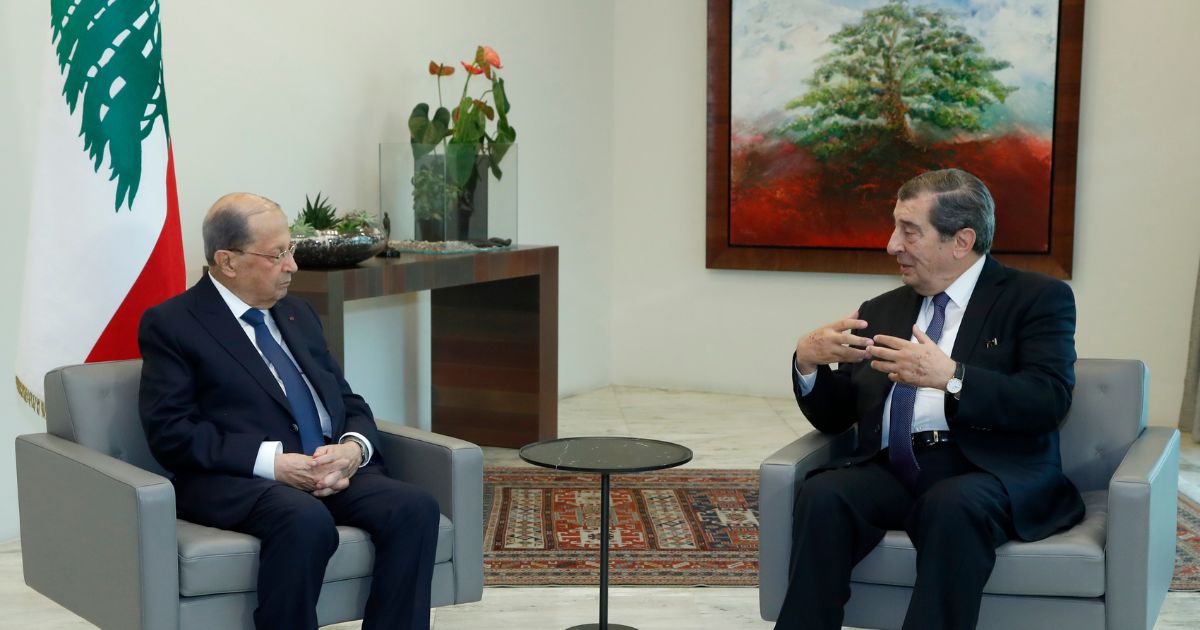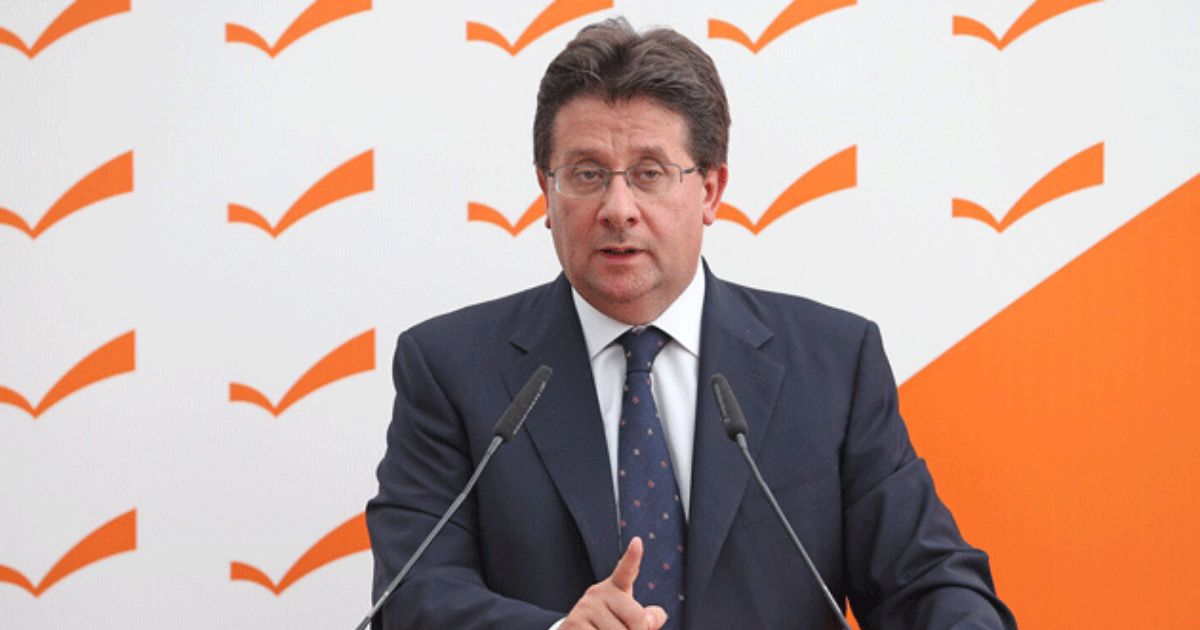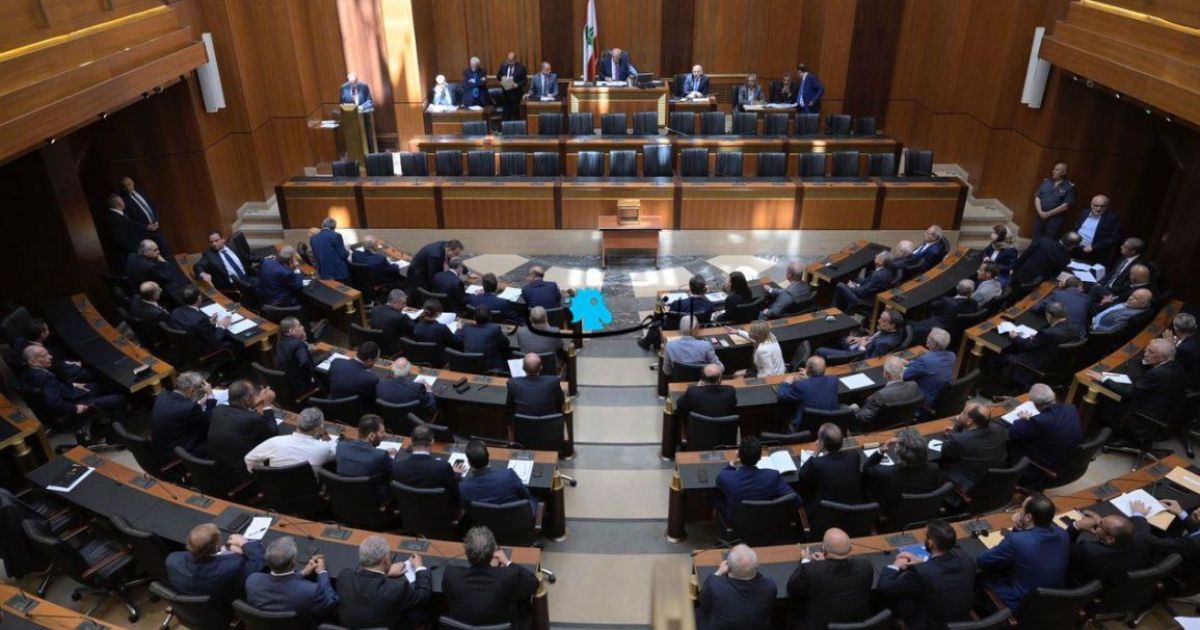EU electoral observers held a press conference discussing what they had monitored during the Lebanese Elections. While they were relieved the elections took place, they considered them overshadowed by violations and vote-buying.
The delegation declined to specify which party was behind the violations. They explained, however, that the truth of the situation is quite well known and commonly widespread among the Lebanese citizens who are all aware of the violations.
They described the prevalent clientelism as a hindrance that distorted the level playing field and affected the voters’ choice. The intimidation practices conducted by partisans hindered the democratic procession of the elections, said the observers.
Lebanese media was addressed within the report as well and specifically its lacking role in giving equal visibility to all running candidates.
External funding was then brought up as another factor that serves the imbalance in the electoral campaigns, especially that parties with that kind of money were able to make more appearances in media while others couldn’t.
The observers congratulated the security forces on giving a “good sense of control and safety” despite some tensions in certain areas.
Brando Benefei, head of the European Parliament delegation, considered that it was an achievement that the elections took place. He listed the turbulent road that the country endured, calling it “An unnecessary misery that has resulted in this man-made crisis.”
Benefei criticized the lack of independence in the judiciary system and how it rarely achieves results, specifically in regard to the Beirut Blast.
The delegation commented on Lebanon being one of the countries with the highest gender gaps when it comes to the political sphere. They also noted that most polling stations were not accessible to people with disabilities.
The conference concluded with hopes that the newly elected parliament focuses on the welfare of the Lebanese people instead of their own short-term political interests.








